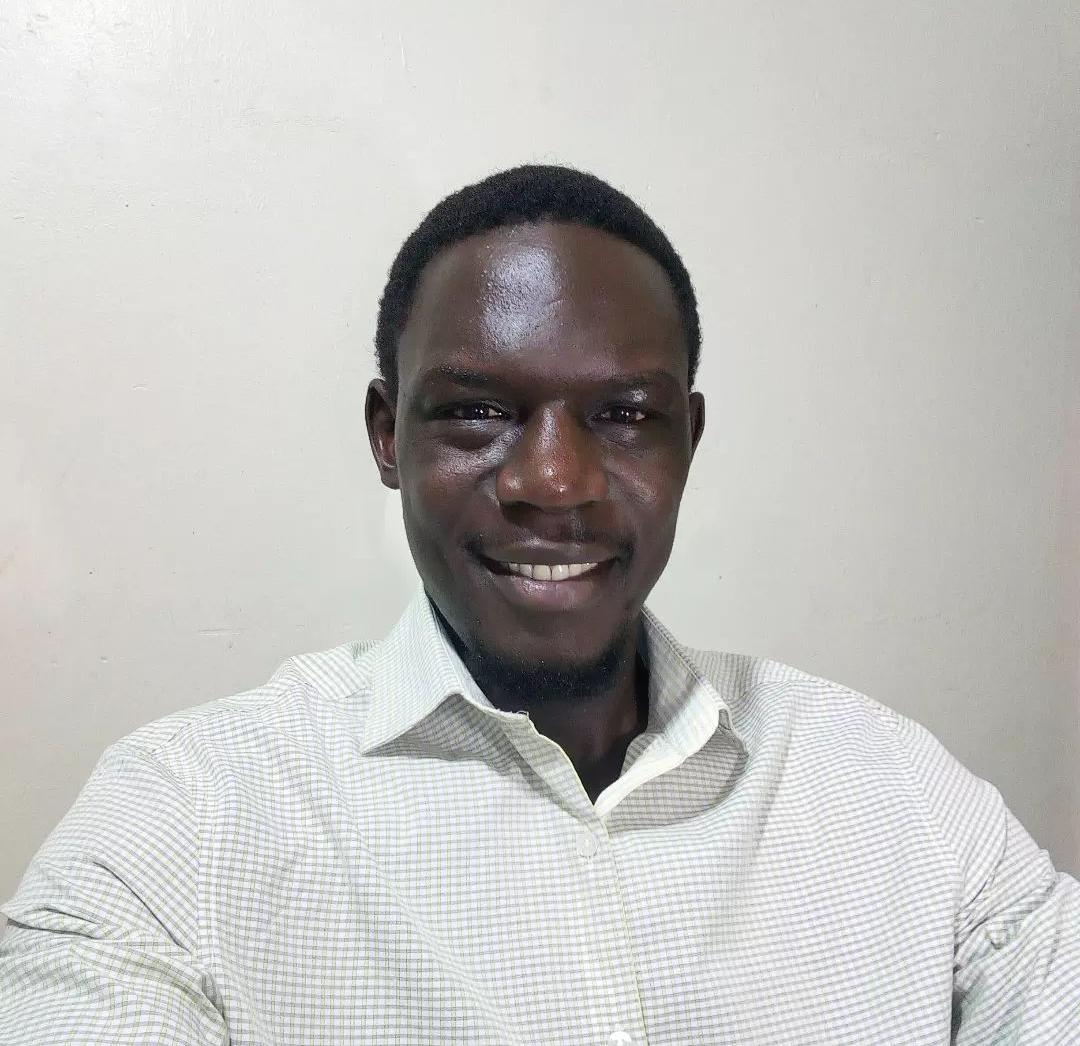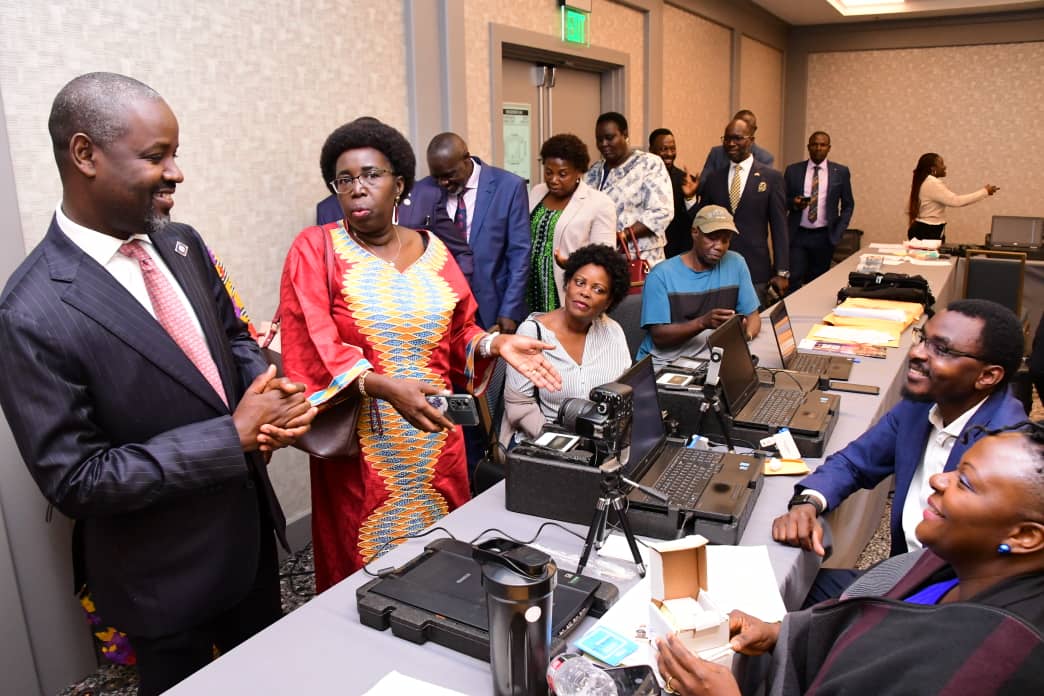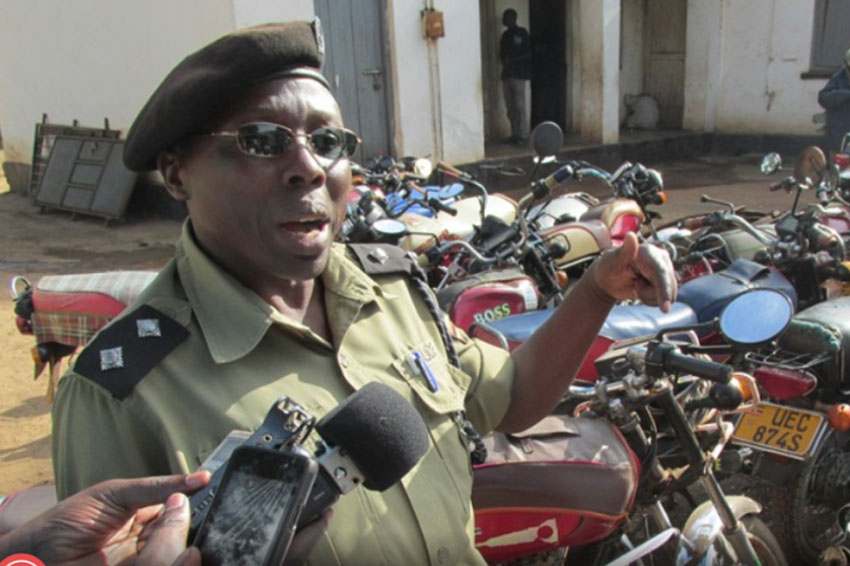East Africa, precisely Kenya, today awaits the verdict by the supreme court of Kenya in the recently held, yet disputed election. Ugandans are left in awe a similar fate will ever befall them in the full glare of the NRM more so under President Yoweri Museveni. Uganda has failed in several attempts at a peaceful transition and transmission of power from independence. It’s therefore not a surprise that Ugandans marvel at Kenya with both admiration and jealousness as they helped themselves follow the Kenyan campaigns, elections and of late, the court proceedings concerning the disputed election between Raila Amolo Odinga of Azimio la umoja and William Samoei Ruto of Kenya kwanza factions respectively.
Museveni asserts the 1980 presidential election was rigged by the UPC government under Dr Apollo Milton Obote.
DP came second while Museveni’s UPM garnered one vote purportedly from Moses Kigongo the first NRM deputy chairman. Museveni had already threatened to wage a guerrilla war against the UPC a fairly stable government in case he lost the election which he did in 1981.
One would wonder, why Museveni, a self-proclaimed nationalist or better still a pan-Africanist never sought legal dress from the supreme court but the bush. The people of Uganda will therefore commend Dr Kizza Besigye, Robert Kyagulanyi and Raila Odinga for not taking a Museveni approach of going to the bush in preference to the Supreme Court.
Raila Odinga has successfully overturned an election whilst Uganda’s presidential petitioners suffer several setbacks on the same road even when the court acknowledges all evidence adduced before it as sufficient, eminent, satisfactory, and warrant to cancel the presidential election.
Could this be the reason Robert Kyagulanyi withdrew his 2021 presidential election petition? The closest Raila Odinga has come to that was his withdrawal from participation in the 2017 election when the court ordered a rerun.
The best way to resolve election contestations is through legal redress not war, Uganda would have gained a fair sheen of political stability under Obote had Museveni sought legal solutions to war.
Independent and strong institutions are built through establishing a well-consolidated, and protected democracy, not a political monarchy. Wars and conflicts, particularly those politically engineered, not only threaten and erode institutions but also sweep them under patronage, savage, and immobility thereby defeating the core values and principles of governance.
The level of partisanship exhibited by the Uganda armed forces, electoral commission and judiciary in their line of duty can not warrant a free and fair election under Article 60 and mandated under Article 61 of the constitution of the Republic of Uganda 1995 statute.
Ugandans to date find it difficult to believe there wasn’t a single voter, agent, or candidate arrested or killed in an entire election exercise in Kenya. Uganda’s detention facilities carry tallies of these election-related detainees categorically from the opposition wing while health facilities are filled with election-related casualties those with fractured skulls inclusive. We, therefore, demand a peaceful election come 2026 having made benevolent observations from the Kenya election.
The 6M Raila Odinga voters are more optimistic the Supreme Court of Kenya will give them a fair hearing in comparison to what would be the case in Uganda. The conduct of the IEBC has been constitutional in its procedures and mandate. All election-related agencies have been committed to delivering justice to the Kenyan voter. Uganda’s circumstance would have been otherwise, election petitions linger on, a true reverse to how the government responds to a by-election or riot- just to reckon.
There is no single day the Supreme Court of Kenya has been attacked with black mambas, or threats to lawyers and judges while hearing this election petition 2022 nor has any of the presidential candidates been restricted to movement.
Kizza Besigye and Robert Kagulanyi were put under house arrest during and after elections in a tactical manner to cut them off from documenting a presidential election petition in the mandated days as required by law. Their lawyers, and media houses obstructed them from accessing them, a violation of the right of movement, association and free speech. The Uganda electoral commission could neither provide adequate proof of conducting a free and fair election nor allow access to election information for scrutiny, unlike the Kenya IEBC which has collaborated with all parties in evaluating whether it conducted a free and fair election.
The Kenya Supreme Court continues to score higher than its Uganda counterpart under the independence and momentum exhibited in its jurisdiction while handling presidential election petitions. Both the petitioner and respondents acknowledge its jurisprudence in handling the subject thereby instilling confidence in the voters the reason peace prevails even when such a contentious subject befalls Kenya. The Uganda judiciary should strive at restoring such confidence in the populace if its judgements are to be deemed justice not prejudice by Ugandans. Critical to the Uganda case are the current cries of the justice Esther Kisakye’s allegations of being targeted by the same body she serves ever since she held a dissenting opinion from the 8 judges on the Kyagulanyi presidential election petition 2021. Her file was confiscated by her legal commanders, something never heard of in the Kenya legal echelons. A mutilated legal system can only generate grievances not solutions to the equivalent.
Elections in Uganda have become meaningless and undesirable to warrant voter participation culminating in low voter turnout compared to democratically stable countries like Ghana and Botswana whose voter turnout exceeds 60% of the registered voters. The cost of an election in Uganda never matches the returns on investment of taxpayers’ money. The corruption scandals in voter material procurement to the stage-managed electoral scenes in favour of NRM candidates against their opponents clearly define what an election in Uganda means.
We hope Uganda’s electoral commission will adjust come 2026 having graced the Kenya election as one of the election observers.
Whatever the ruling of the Supreme Court of Kenya, the people of Kenya are confident of a peaceful country and transition of power courtesy of the independent institutions and rule of law. The people of Uganda are yearning for a similar experience akin to the Kenya election experience and it’s the responsibility of president Museveni to unbolt Uganda’s institutions from fear, patronage, corruption, sectarianism and of late presidential decrees all under his endorsement and watch.
There is hope whenever a tree is cut down Job 14:7.
The writer is a political, social and economic commentator on African affairs.
jpkamwada@gmail.com
Do you have a story in your community or an opinion to share with us: Email us at Submit an Article









